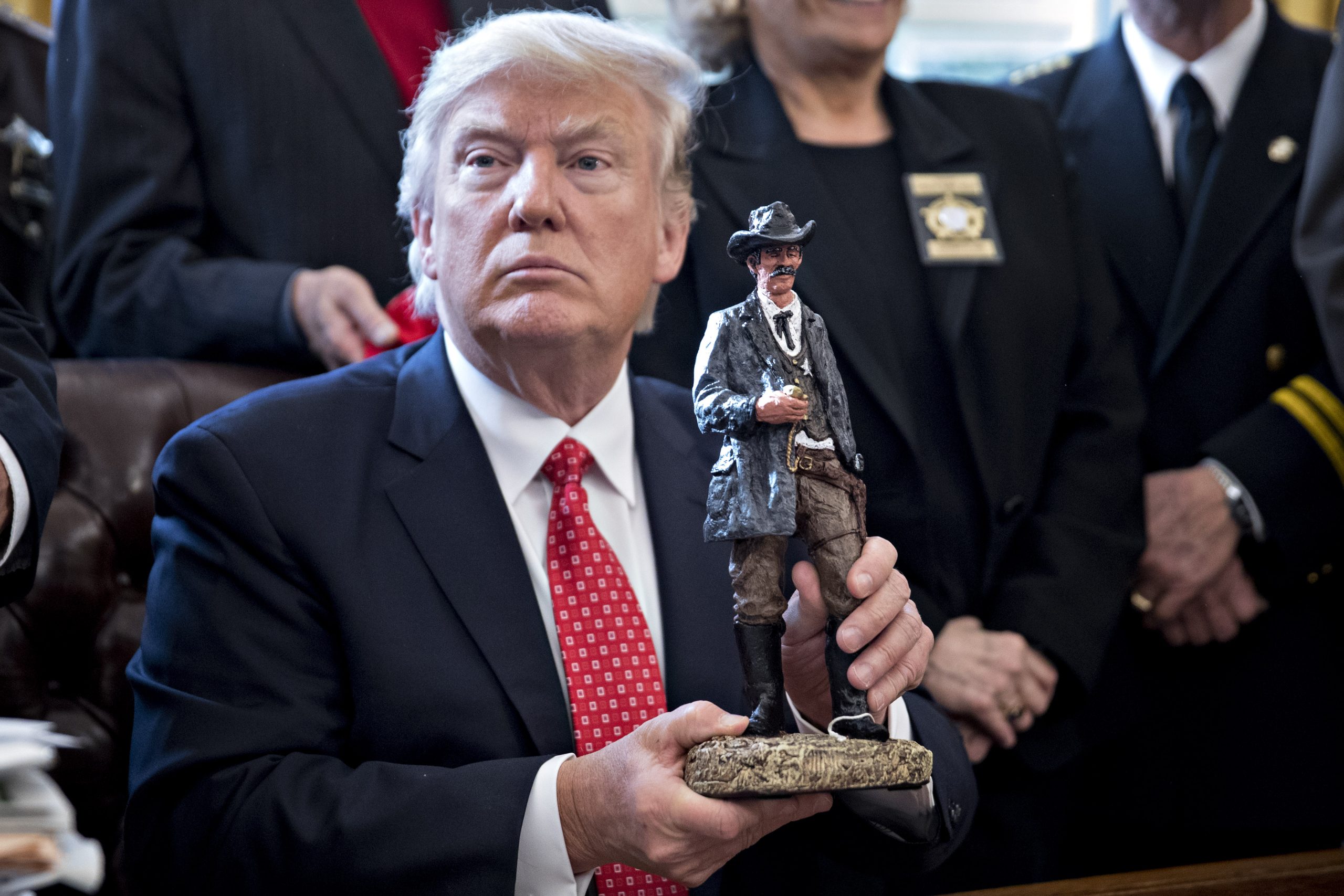Donald Trump’s second term has witnessed a concerted effort to reshape American culture, a move that goes beyond mere political posturing and delves into a calculated strategy for long-term power. This cultural offensive mirrors a tactic employed decades ago by a far less expected entity: the Central Intelligence Agency. By understanding the historical precedent and Trump’s approach, we can better grasp the implications of this unprecedented political maneuver.
The “Politics Downstream of Culture” Strategy
The modern Republican party, echoing Andrew Breitbart’s infamous dictum, “politics runs downstream of culture,” believes that controlling the narrative and values of American culture is key to maintaining political dominance. Trump’s actions seem to embody this principle perfectly. His attempts to influence American arts aren’t accidental; they represent a deliberate attempt to shift the cultural landscape to align with his political vision. This isn’t about mere preference; it’s about wielding cultural power to shape future political outcomes.
This strategy manifests in several key actions. Trump’s directive to the Smithsonian to revise its approach to history, with a reported emphasis on downplaying the brutality of slavery, is a stark example. This isn’t just about historical revisionism; it’s about shaping a national narrative that serves his political agenda. Similarly, his self-appointment as chair of the Kennedy Center, coupled with his public condemnation of drag shows and what he terms “woke” history, demonstrates a clear intent to control the dissemination of cultural expression. Further, his cuts to the National Endowment for the Arts demonstrate a belief that government funding should only support art that aligns with his ideology.
Echoes of the CIA’s Cultural Influence
Interestingly, this strategy bears striking resemblance to historical clandestine operations conducted by the CIA. During the Cold War, the CIA engaged in extensive covert operations to influence foreign cultures through various means, including funding artists, writers, and media outlets. The goal was to counter communist influence by promoting a specific cultural narrative. While Trump’s methods are overtly political and domestically focused, the underlying strategy of using cultural influence to achieve political aims shares a common thread with the CIA’s historical actions.
The Long Game: Shaping Future Generations
Trump’s cultural crusade is arguably less about immediate political gains and more about a long-term strategy. By shaping the cultural landscape, he aims to influence the values and beliefs of future generations, ensuring a sustained political advantage for his party. This long-term approach, mirroring the CIA’s patient pursuit of influence, highlights the depth and significance of his cultural intervention.
Conclusion:
Trump’s attempt to control American culture isn’t merely an expression of personal preference. It’s a calculated strategy for long-term political dominance, a strategy that bears an uncanny resemblance to historical covert operations aimed at shaping cultural narratives. Understanding this strategy is crucial to analyzing the broader political landscape and the potential ramifications of this unprecedented cultural power play. The implications extend far beyond the immediate political battles and reach into the very fabric of American identity and future political discourse.
Based on materials: Vox





